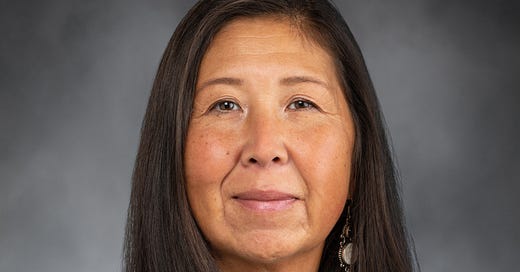Lawmakers in oil refinery districts propose carbon fee for COVID relief
Money would back "green bonds" to pump billions into the economy
Three Democratic state lawmakers whose districts collectively include Washington State’s four largest oil refineries are proposing a steep fee on carbon to pay for a massive pandemic relief bonding system.
The proposal, called the Washington STRONG Act, was laid out in broad strokes in a press release sent out Monday. No bill has yet been filed, but th…
Keep reading with a 7-day free trial
Subscribe to The Washington Observer to keep reading this post and get 7 days of free access to the full post archives.



